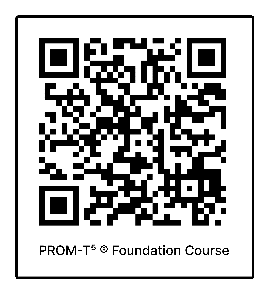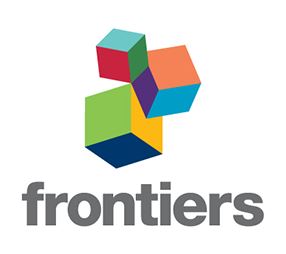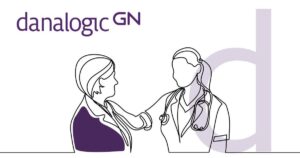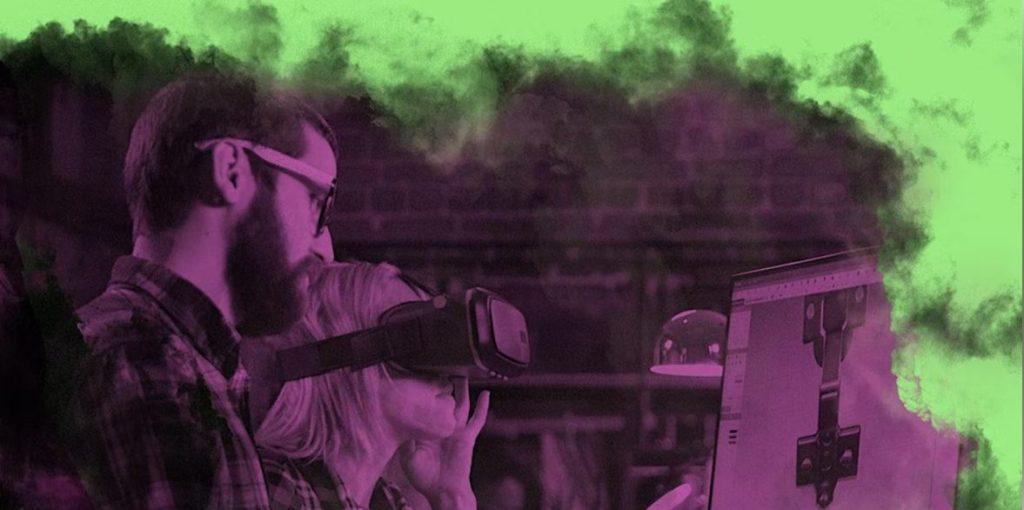In this post, I would like to introduce Lena Batra, a hearing care consultant and trainer and a registered hearing therapist, who writes about how her firsthand experience of music and hearing loss led to her launching Hearing & Music in Hearing Care Practice: PROM-T5 ® Foundation Course. This is the first course of its kind to provide audiologists and other hearing care professionals with comprehensive training for delivering music rehabilitation within hearing care services. A course which brings together healthcare science, hearing technology, music and a fully holistic view of the individual’s needs.
Hearing and music in hearing care practice…are we listening?
It’s hard to imagine that it was over 22 years ago that I first stepped into the hearing care industry, in my capacity as a hearing therapy trainee at the former Royal National Throat, Nose and Ear Hospital in London. This step was actually very familiar territory for me, seeing as I had lost a significant part of my hearing in childhood and had been under hearing care services most of my life.
This time, however, it was my job to empower and facilitate rehabilitation, change and adjustment for those who have developed hearing issues. It felt both a natural calling and a hugely rewarding career choice for me. However, it wasn’t long before an incident arose reminding me that I was still very much an end user of hearing care services myself.
In short, I was involved in a car accident, which lead to further complications with my hearing and this time there was a difference. I had lost my access to music and there appeared to be nothing that could be done to help. It was through this incident, spurred on by my life-long love and deep connection to music that I began my professional deep dive into the subject of hearing and music, and of the impact of changes to hearing on music perception.
This process led me to successfully rehabilitate my own music perception and subsequently go on, within my professional practice, to deliver individually tailored programmes of care for others with music needs. This raised an important question for me: “What, if anything, are we doing to address the music needs of individuals coming through hearing care services?”
My answer to this, is “not enough”.
I feel there is a commonly held (mis)belief that music is a luxurious add-on to the fabric of our lives; it’s true to say that music creates a fulfilling pastime for many, but for a significant portion it is central to their existence. What is also less obvious to the naked eye (or should that be ear?) is not only the sheer amount of music we are surrounded by in our daily lives, but also the sociocultural and health benefits which come from being engaged in music.
You need to take only a cursory look at the literature to begin to understand the ever-increasing place that music is occupying in the domain of health and wellbeing research and to see its practical application in healthcare – from dementia care pathways, to singing for lung health and beyond.
It’s important, therefore, that audiologists and other hearing care professionals (HCPs) play a central part in ensuring the continued access to music for those with hearing issues which are impacting their music engagement – in much the same way as they do for speech. Our aims as HCPs in hearing care are to facilitate hearing and brain health and social connectedness, for which music can play an important role. However, in practice music rehabilitation is not routinely provided.
Training in music-related issues and interventions is not routinely part of the standard curriculum of training for audiologists and other HCPs. This was confirmed in my time as an advisory board member for the Hearing Aids for Music research project, led by Professor Alinka Greasley (read the final report here). In the time since this report, hearing aid manufacturers, such as Oticon, have worked hard to deliver dedicated music programmes which offer an enhanced experience over earlier generations of music programmes. However, there is still a need to address the training needs for audiologists and other HCPs. Music and speech are different entities acoustically, perceptually and experientially and the issues that individuals may develop with their music experience can vary significantly from one to the other.

My course, Hearing & Music in Hearing Care Practice: PROM-T5 ® Foundation Course, meets this education and training gap. It is a comprehensive course which takes the audiologist and other HCP through the whole rehabilitation process from assessing needs to developing individually tailored programmes of care, based on a dedicated care framework.
In the first part of the course, the attendee will learn about the sociocultural importance of music and the value of including music as part of hearing care services. They will then go on to develop a detailed understanding of the experiential process of music perception and the implications of changes to hearing on these processes. This will enable the attendee to develop a keener awareness of the individual and combined impact of a range of inter-related issues that can come to bear on music perception.
In the second part of the course, the attendee will begin to understand the process of rehabilitation with respect to music and will be introduced to the PROM-T5 Care Framework® which encompasses tools for assessing and navigating the individual’s care pathway, as well as practical steps to help ensure a harmonisation between hearing, and music including the use of a specialist software tool for tailoring music to the listening preferences of patients.
In the 17 years since my initial experience of challenges with hearing and music, and of my specialism in music rehabilitation for individuals, the questions I have now for all audiologists, HCPs and other interested parties are:
Would you like to understand….
- …Why some individuals have more challenges than others when it comes to music?
- …Why these challenges may not correlate with the audiometric picture of the individual?
- …When hearing aids should be used for music, and the best way to use them?
- …How to optimise the music outcomes for individuals, including identifying and assisting those with more complex needs?
If your answer to any, or all, of these questions is “yes”, then this course is for you.
The Hearing & Music in Hearing Care Practice: PROM-T5 ® Foundation Course is open for enrolment now and has all the information, tools and resources you need to guide your interventions for individuals with music needs. It is fully remotely accessible, accredited by the British Society of Hearing Aid Audiologists (BSHAA) and successful completion of the course leads to recognition as a certified PROM-T5 ® Practitioner.
To enrol on the course, or to view further details of the course please scan this QR code, or click on the link: 
https://lenabatra.thinkific.com/courses/promt5foundationcourse

Lena Batra is a Hearing Care and Deaf Awareness Consultant and Trainer and a registered hearing therapist. She is the founder of the PROM-T5 ® approach to music rehabilitation and the author of Hearing & Music in Hearing Care Practice: PROM-T5 ® Foundation Course. Lena identifies as deaf. www.lenabatra.com
Hashtags: #hearingandmusic #hearingcarepractice #musicrehabilitation #PROM-T5 #PROMT5 #PROMT5foundation #PROMT5careframework #musicperception #audiologists #hearingcareprofessionals #HCPs









